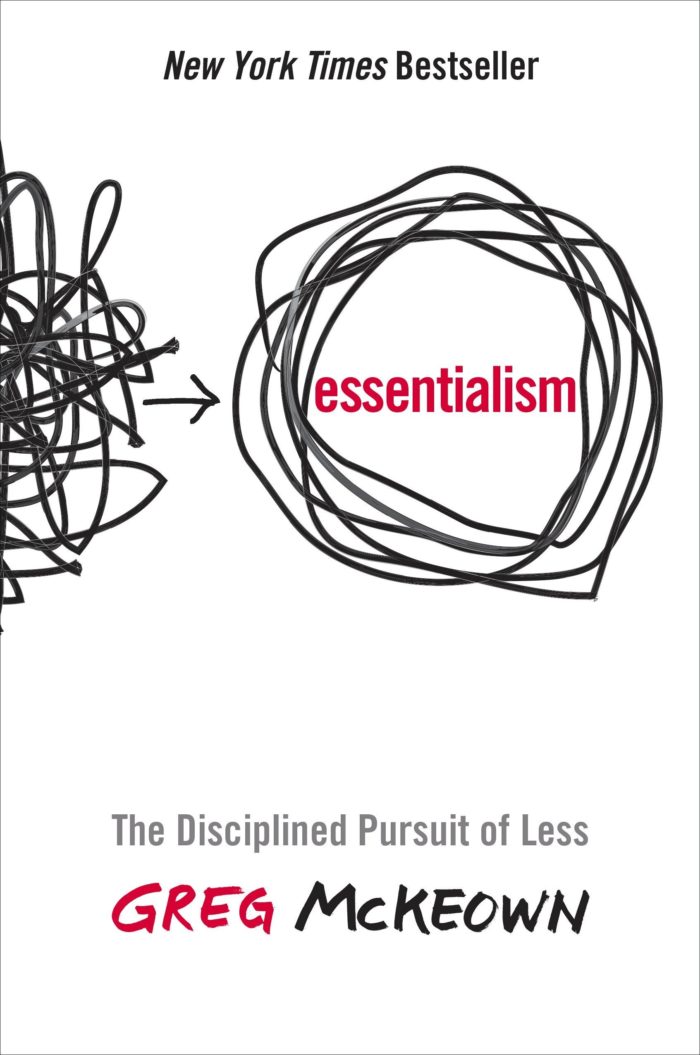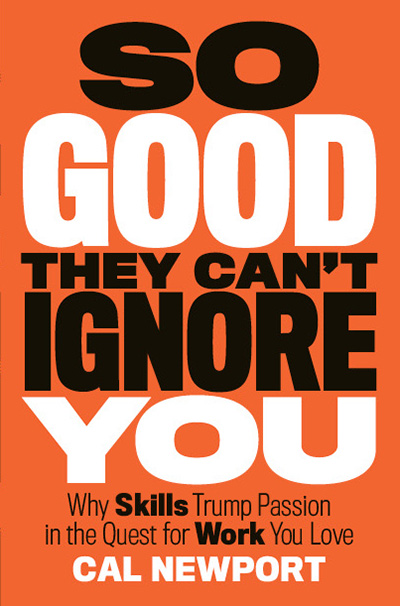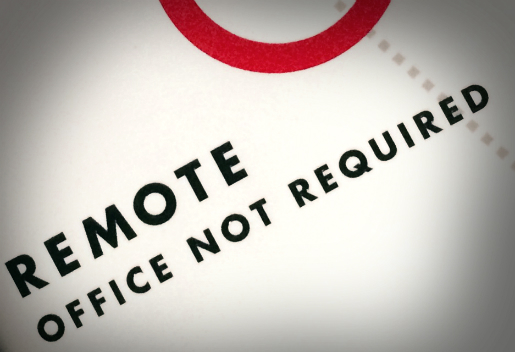Here are my notes on Essentialism: The Disciplined Pursuit of Less by Greg McKeown.
The way of the Essentialist is the relentless pursuit of less but better.
Essentialism is not about how to get more things done; it’s about how to get the right things done. […] It is about making the wisest possible investment of your time and energy in order to operate at our highest point of contribution by doing what is essential.
The way of the Essentialist means living by design, not by default.
What if we stopped celebrating being busy as a measurement of importance?
For too long, we have overemphasized the external aspect of choices (our options) and underemphasized our internal ability to choose (our actions). This is more than semantics. Think about it this way. Options (things) can be taken away, while our ability to choose (free will) cannot be.
A Nonessentialist approaches every trade-off by asking, “How can I do both?” Essentialists ask the tougher but ultimately more liberating question, “Which problem do I want?” An Essentialist makes trade-offs deliberately. She acts for herself rather than waiting to be acted upon. As economist Thomas Sowell wrote: “There are no solutions. There are only trade-offs.”
Essentialists see trade-offs as an inherent part of life, not as an inherently negative part of life. Instead of asking, “What do I have to give up?” they ask, “What do I want to go big on?” The cumulative impact of this small change in thinking can be profound.
If his people are too busy to think, then they’re too busy, period.
Focus is something we have. But focus is also something we do.
Here’s another paradox for you: the faster and busier things get, the more we need to build thinking time into our schedule. And the noisier things get, the more we need to build quiet reflection spaces in which we can truly focus.
The best journalists do not simply relay information. Their value is in discovering what really matters to people.
Being a journalist of your own life will force you to stop hyper-focusing on all the minor details and see the bigger picture.
Sadly, not only do far too few companies and organizations foster play; many unintentionally undermine it.
Play broadens the range of options available to us.
Play is an antidote to stress.
Play has a positive effect on the executive function of the brain.
Our highest priority is to protect our ability to prioritize.
By definition, applying highly selective criteria is a trade-off; sometimes you will have to turn down a seemingly very good option and have faith that the perfect option will soon come along.
If it isn’t a clear yes, then it’s a clear no.
Make your peace with the fact that saying “no” often requires trading popularity for respect.
Respect is far more valuable than popularity in the long run.
In a reverse pilot you test whether removing an initiative or activity will have any negative consequences.
A good film editor makes it hard not to see what’s important because she eliminates everything but the elements that absolutely need to be there.
What I mean is that a good editor is someone who uses deliberate subtraction to actually add life to the ideas, setting, plot, and characters.
It can be quite painful to eliminate passages, pages, or even chapters that took weeks, months, maybe even years to write in the first place. Yet such disciplined elimination is critical to the craft. You must, as Stephen King has said, “kill your darlings, kill your darlings, even when it breaks your egocentric little scribbler’s heart, kill your darlings.”
It’s true that doing less can be harder, both in art and in life. Every word, every scene, every activity must count for more.
We need to eliminate multiple meaningless activities and replace them with one very meaningful activity.
The best surgeon is not the one who makes the most incisions; similarly, the best editors can sometimes be the least intrusive, the most restrained.
We can wait. We can observe. We can see how things develop.
Editing our time and activities continuously allows us to make more minor but deliberate adjustments along the way.
When we don’t know what we’re really trying to achieve, all change is arbitrary. So ask yourself, “How will we know when we are done?”
“Routine, in an intelligent man, is a sign of ambition.” — W.H. Auden
When other people are saying yes, you will find yourself saying no. When other people are doing, you will find yourself thinking. When other people are speaking, you will find yourself listening.
When other people are complaining (read: bragging) about how busy they are, you will just be smiling sympathetically, unable to relate.
In many ways, to live as an Essentialist in our too-many-things-all-the-time society is an act of quiet revolution.


